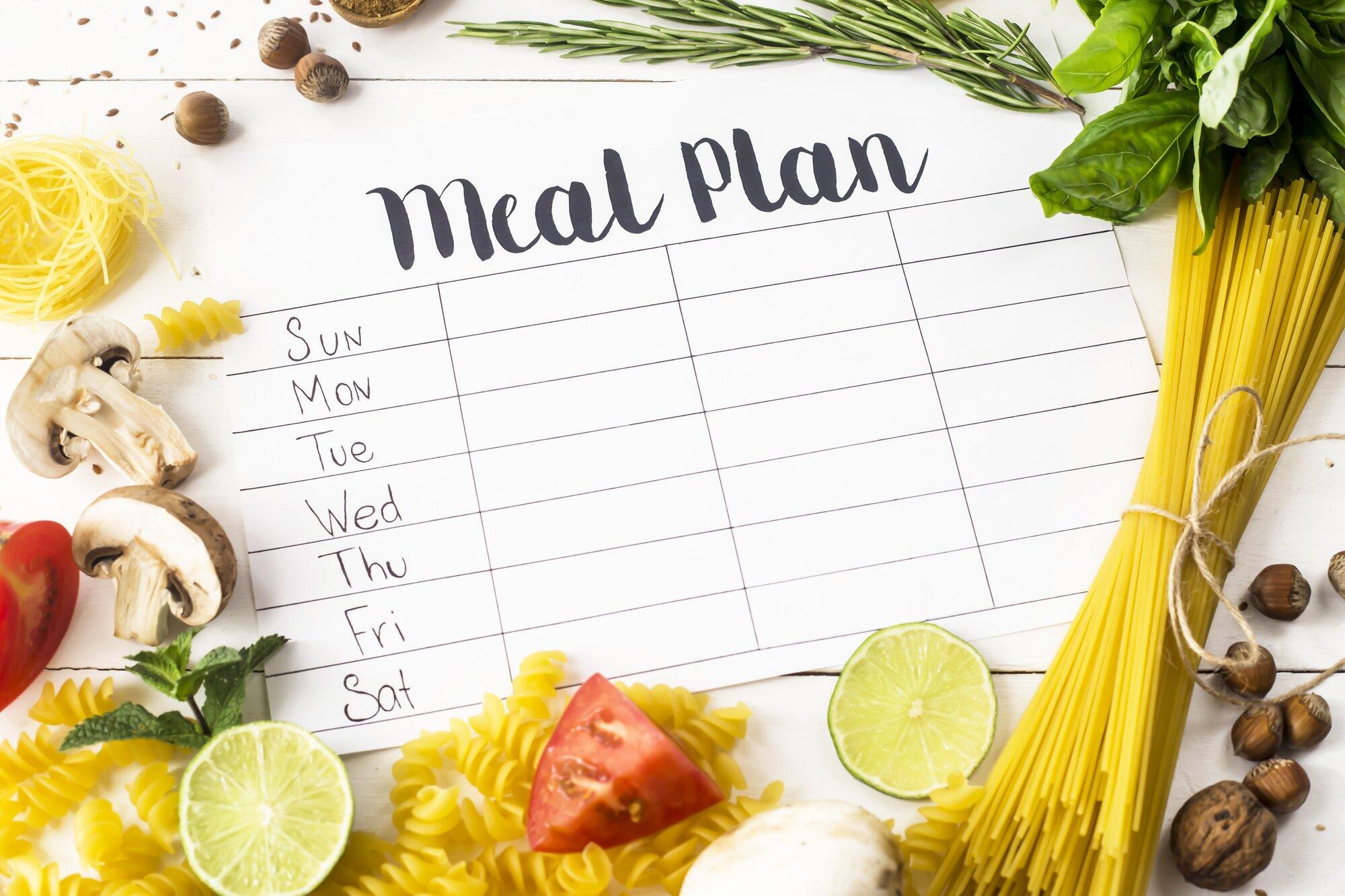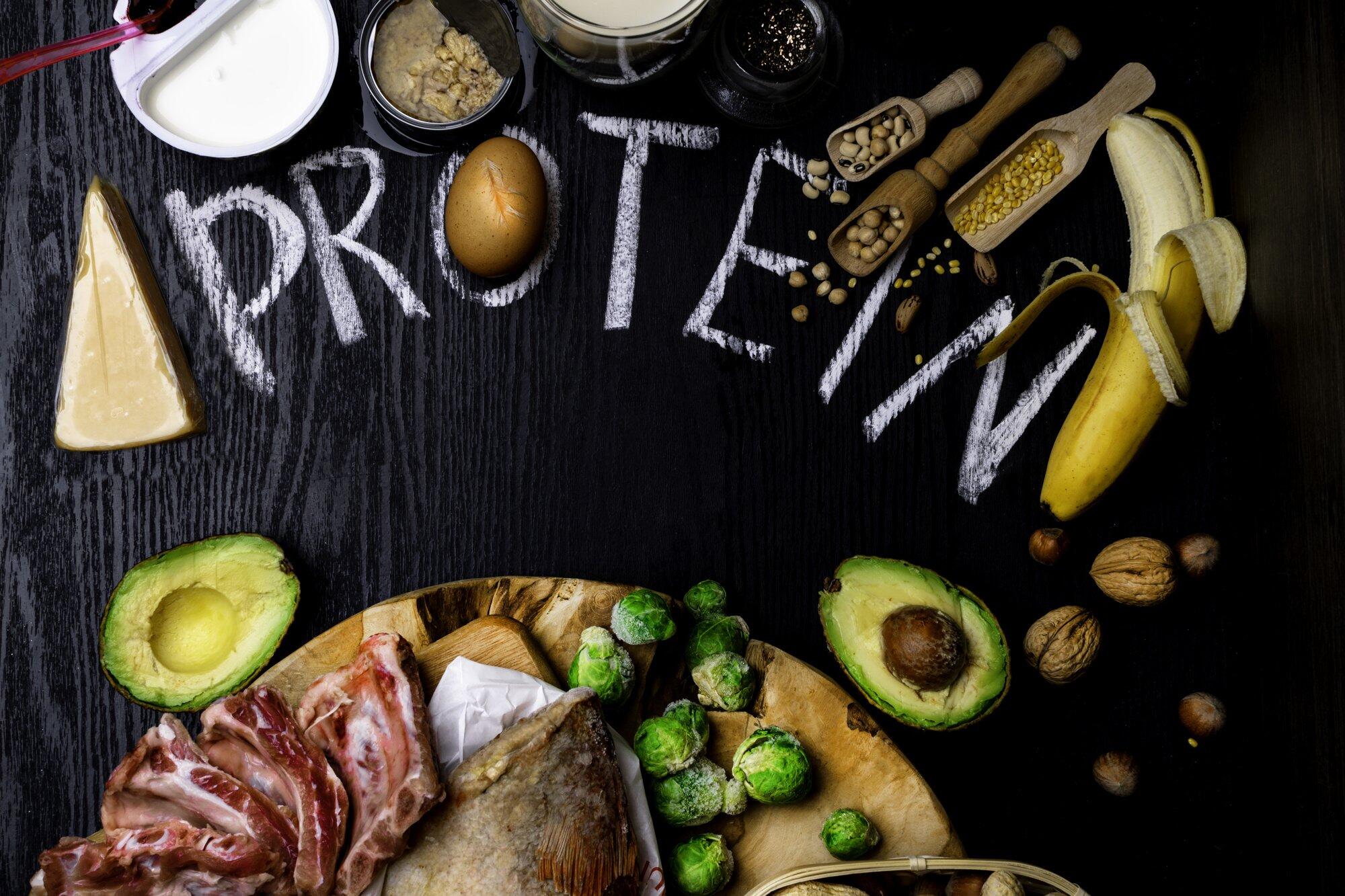Wondering why the numbers on your fitness tracker and those on your food diary don't quite seem to sync up? You're not alone in this calorie conundrum. The truth is that striking a balance between active calories vs total calories is the key to ensuring healthy and sustainable weight loss.
This guide will help you achieve the perfect balance and more, ensuring a successful weight loss journey.
Understanding the Basics of Tracking Calories
Your body is a calorie-burning machine, constantly at work. The fuel for this amazing machine comes from the calories you consume, but how efficiently it uses that fuel depends on your basal metabolic rate (BMR).
This BMR is essentially your body's baseline calorie burn, even at rest. In other words, it's the minimum amount of fuel your body needs to keep its engine running on idle.
But the truth is, you're not always on idle. You move, you work out, you live.
Every action from taking a stroll to doing a high-intensity interval training session increases the number of calories you burn over and above your BMR.
These are your active calories. And here's the kicker - the more you move, the more calories you burn.
Tracking Calories: The How-To
Tracking calories has never been easier, thanks to technology. Fitness trackers and apps can give you a pretty good estimate of your BMR based on your age, gender, weight, height, and body composition.
Add to that the calories burned from your daily activities and exercises, and you get your total calorie expenditure. But it's not just about burning calories. It's also about the calories you take in. Keeping a food diary or using a food-tracking app can help you stay aware of your calorie intake.
Combine these tools, and you have a comprehensive view of your "calories in" versus your "calories out."
This insight is invaluable in adjusting your diet and exercise to meet your weight loss goals. Remember, the goal is to create a calorie deficit, burning more calories than you consume, but in a healthy, sustainable way.
Importance of Your Fitness Level and Body Composition
Your fitness level and body composition play significant roles in how efficiently your body burns calories.
Muscle tissue is more metabolically active than fat tissue, meaning the more muscle you have, the higher your BMR. This is why incorporating strength training into your fitness routine is crucial. It helps build muscle, which in turn helps you burn more calories, even when you're at rest.
However, don't overlook the importance of cardio exercises. They're great for burning calories and improving your heart health. The key is to find a balance that works for your basic body functions, as well as nutrition and fitness goals.
Remember that everyone's body responds differently to exercise. What works for your friend might not work for you. Listen to your body and adjust your workout plan as needed.
Active Calories vs Total Calories: The Balancing Act
Finding the right balance between the calories you consume and the calories you burn is the golden ticket to weight loss. It sounds simple, but it requires mindfulness and consistency.
Here are some practical tips for striking caloric balance and crushing your weight loss goals:
1. Set Realistic Goals
Start by setting achievable goals for both your activity level and calorie intake. It's important to aim for a healthy balance that doesn't push you too hard too fast. Losing one to two pounds a week is considered safe and sustainable - remember, this is a marathon, not a sprint.
Understand your body's needs by calculating your basal metabolic rate to get an idea of how many calories your body burns at rest. From there, you can determine a daily calorie goal that accounts for your physical activity. Using a fitness tracker or app can help you keep an eye on both your active and total calories.
2. Track Your Daily Calorie Intake and Expenditure
Keep a food diary to track what you eat. Writing down everything, even snacks and small bites, can provide you with insights into your eating habits and help you make adjustments. There are plenty of apps designed to make this easy and informative.
Pair your food diary with tracking your physical activity. Aim to have a clear picture of the calories you consume versus the calories you burn through exercise. This awareness is crucial in creating a calorie deficit needed for weight loss.
You can also learn how to lose weight without monitoring calories.
3. Balance Exercise Types
Incorporate a mix of cardiovascular, strength training, and flexibility exercises into your routine. Cardio burns calories and improves heart health, strength training builds muscle, which increases your BMR, and flexibility exercises like yoga can reduce stress levels, potentially lowering stress-induced eating.
Don't overdo it with cardio, thinking it's the only way to burn calories. Building muscle is just as important because muscle mass burns more calories at rest than fat does. This means you'll be burning more calories overall, even on days you're not working out.
Find activities you enjoy. You're more likely to stick with your exercise plan if it includes activities you love.
4. Hydrate Wisely
Drink plenty of water. Sometimes thirst is mistaken for hunger, leading you to eat when you're actually just thirsty. Staying hydrated can help prevent this, plus it's essential for your overall health.
Consider your beverages as part of your calorie intake. Drinks can contain hidden calories that you might overlook. Opt for water, herbal teas, or black coffee, and avoid sugary sodas and fruit juices.
5. Manage Stress
High-stress levels can lead to emotional eating and disrupt your weight loss efforts. Finding healthy ways to manage stress is crucial. This could include meditation, deep-breathing exercises, or engaging in hobbies that relax you.
Physical activity is also a great stress reliever. Even a short walk can help clear your mind and reduce stress levels, making it easier to stick to your weight loss goals.
6. Stay Flexible
Your body's needs can change, and what works one week might not work the next. Be prepared to adjust your approach to calorie intake and exercise as needed. Flexibility is key to a sustainable, healthy weight loss journey.
Also, there will be weeks when you might not see the progress you hope for. Stay the course, adjust as needed, and be kind to yourself.
Keep learning and staying informed about nutrition and exercise. The more you know, the better equipped you'll be to make decisions that support your weight loss goals.
7. Incorporate Protein in Your Diet
Including low-calorie high-protein meals in your diet can make a big difference in your weight loss journey. Protein helps you feel fuller longer, which can cut down on snacking and overeating. It's like having a secret weapon in your diet that keeps hunger at bay.
Look for lean sources of protein like chicken, fish, tofu, and legumes. These options give you the protein boost you need without too much fat. Adding protein to your meals doesn't have to be complicated or expensive. Simple swaps and choices can up your protein intake significantly.
Protein is also key for muscle repair, especially after a workout. If you're balancing active calories with exercise, ensuring your body has the protein it needs can help improve recovery time and build muscle.
More muscle means a higher metabolism, which helps in burning more calories, even at rest.
8. Prioritize Sleep
Don't underestimate the power of good sleep. Lack of sleep can affect your metabolism and has been linked to increased appetite and weight gain. Aim for 7-9 hours of quality sleep per night.
A regular sleep schedule not only helps with weight management but can also improve your exercise performance. You're more likely to have the energy for your workouts and recover better afterward.
Be mindful of caffeine and heavy meals close to bedtime, as they can disrupt your sleep. If you're struggling with sleep, consider speaking with a healthcare provider for personalized advice.
9. Be Patient
The journey to weight loss is personal and unique to each individual. There will be days when you hit your calorie goals out of the park and days when you don't. And that's okay. Weight loss isn't linear. It's about making more healthful choices more often, not about perfection.
Embrace the journey, celebrate your victories, no matter how small, and remember, every step you take is a step closer to your goals. With a bit of knowledge, a lot of determination, and some patience, you can transform your weight loss journey from daunting to doable.
Grab Healthy Foods to Crush Your Weight Loss Goals
Striking a balance between active calories vs total calories is just one piece of the puzzle. Combining this knowledge with mindful eating, consistent exercise, and listening to your body creates a holistic approach to weight loss that can lead to lasting results.
Looking for healthy, affordable support on your weight loss journey? Dietonsale.com can help! As a nationwide medical weight loss facility, we offer a wide range of meal plans and healthy foods to help you achieve your nutrition goals.
Feel free to reach out to us at (844) 365-3438 or contact@dietonsale.com if you have a question or want to learn more about our protein products.




Leave a comment
This site is protected by hCaptcha and the hCaptcha Privacy Policy and Terms of Service apply.